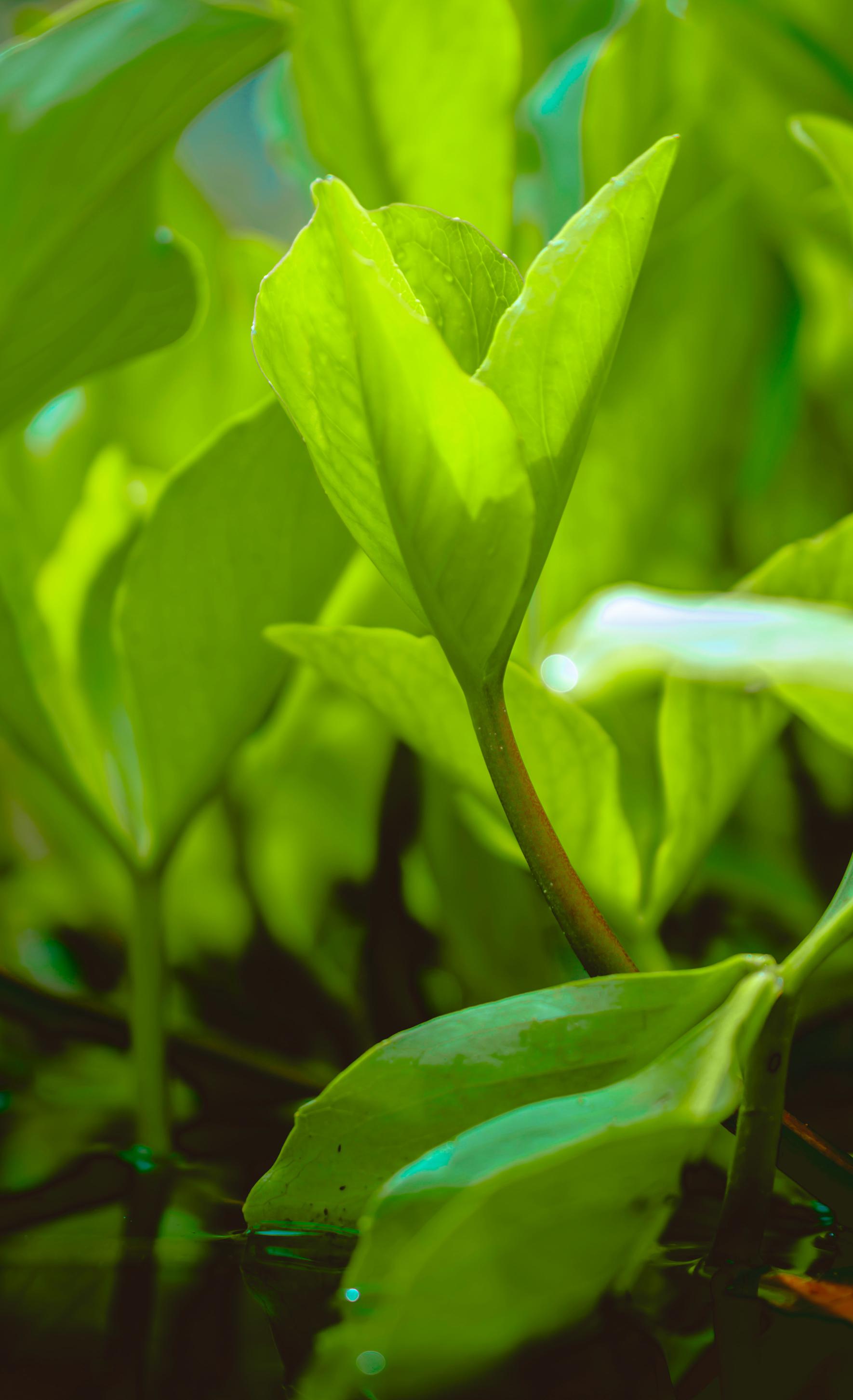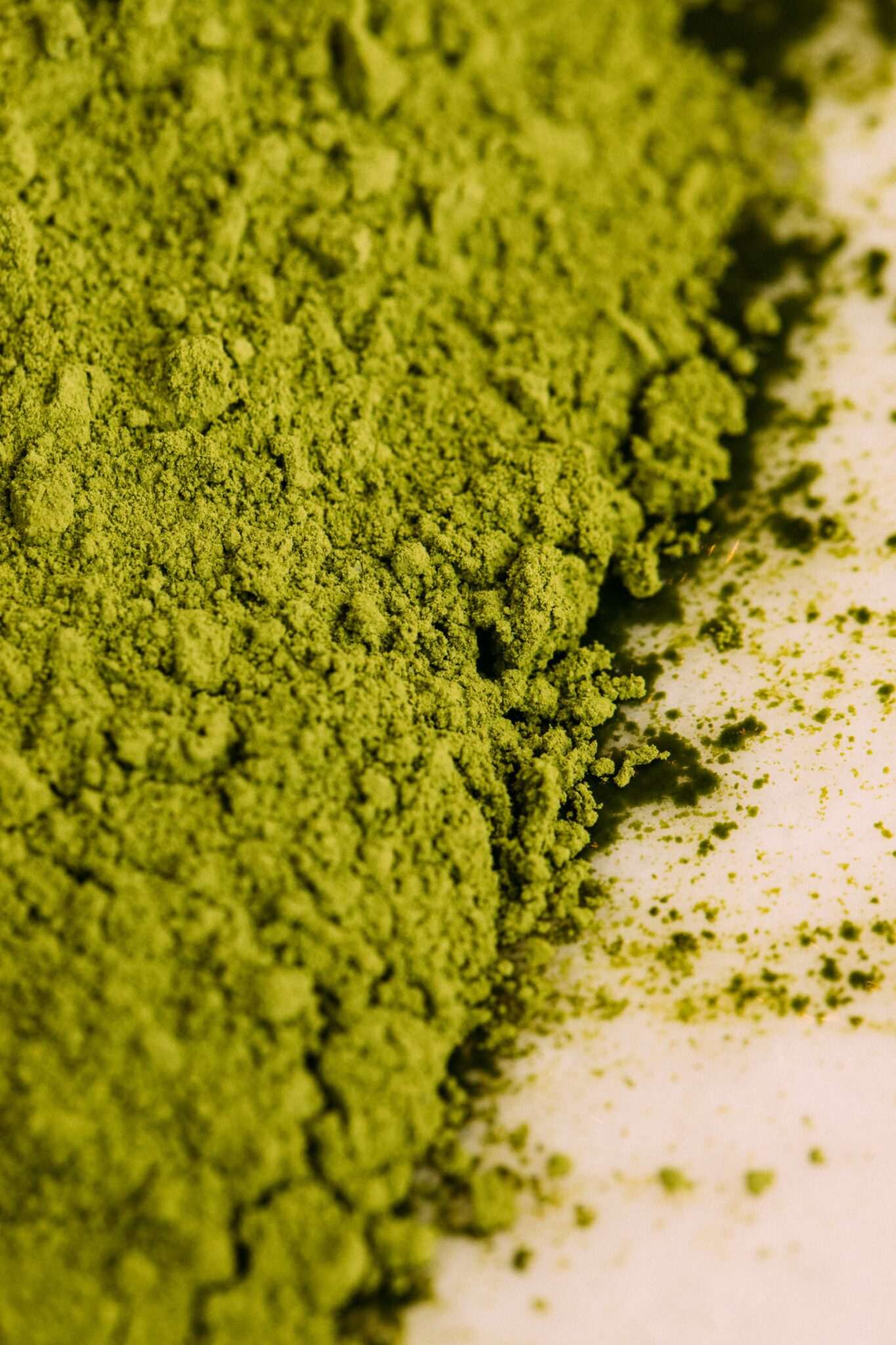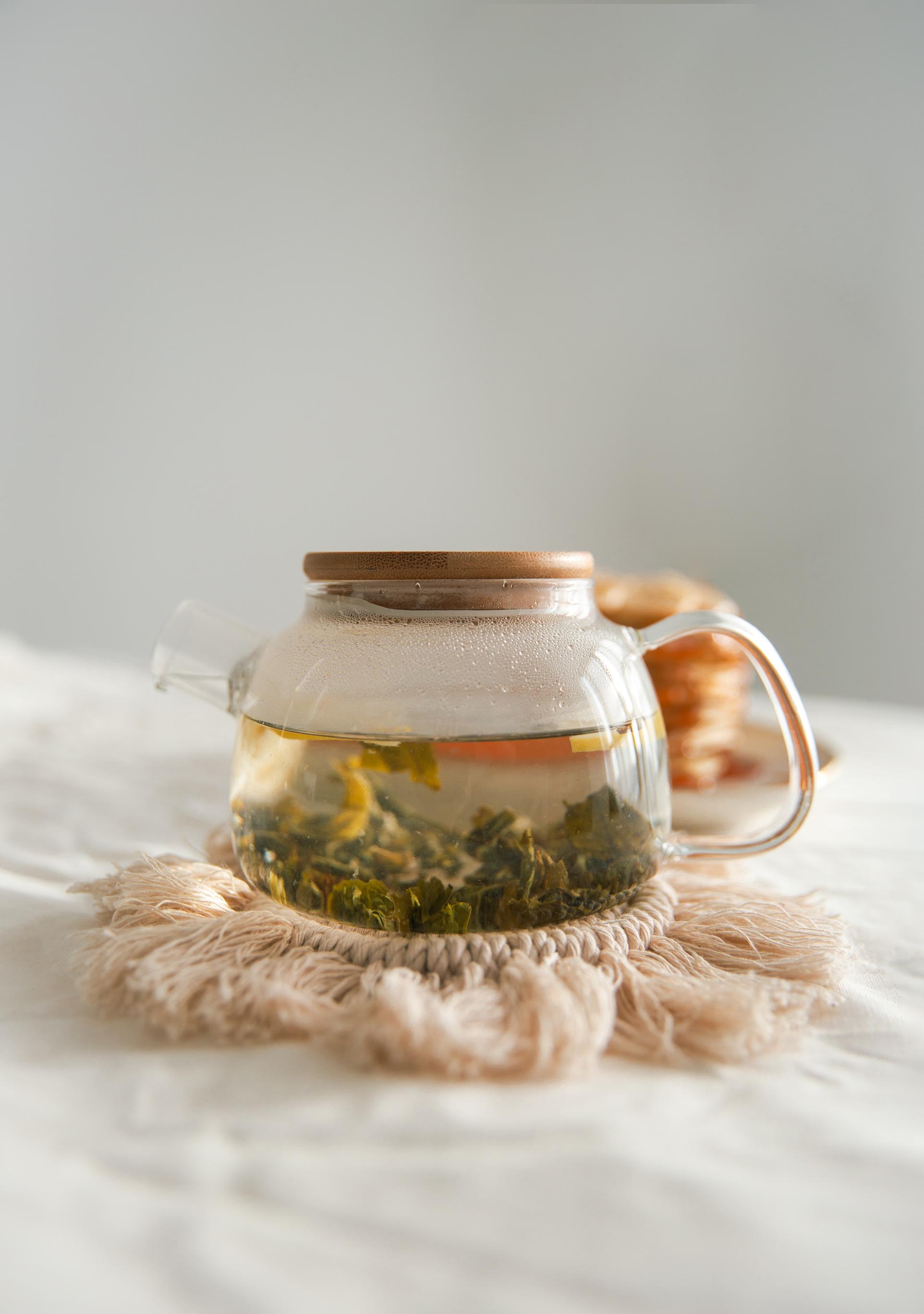Summary. Green tea offers many health benefits, but drinking too much may cause some unpleasant side effects like stomach upset and diarrhea. The best way to get the most out of green tea is to drink it in moderation – up to 3 cups per day is recommended. Green tea is rich in antioxidants and can help to reduce inflammation and improve overall health, but it is important to monitor your intake and watch out for any unpleasant side effects.
Nutritional Value of Green Tea

When it comes to the potential health benefits of green tea, there are a lot of positives that people often talk about. Not only does green tea contain powerful antioxidants and other essential vitamins and minerals, but it also helps reduce the risk of certain diseases like cancer and diabetes. However, many people are concerned about the potential side effects that could come from drinking too much green tea. One of the most common questions is, “Can drinking too much green tea cause stomach issues?
There is some evidence that drinking a lot of green tea over a long period of time can increase the amount of caffeine in your system, which could put extra strain on your stomach and digestive system. Similarly, some people have reported experiencing digestive issues when first switching to green tea, due to the changes it can have on the body. In general, though, green tea does not cause serious stomach issues for the majority of people. In fact, it may even help improve your digestion over time as your body adjusts to the tea’s constituents.
Additionally, the tannins in green tea can help prevent the release of excess stomach acid, which can reduce the risk of things like acid reflux. Although green tea has some potential digestive benefits, it is important to remember that everyone’s body is different.
If you are concerned about drinking too much green tea and want to be sure that it is safe for you, it is best to talk to your doctor. They can help you better understand the impact of green tea on your particular digestive system, including letting you know if it’s safe for you to continue drinking it.
Potential Benefits of Green Tea Consumption

Green tea has been enjoyed for centuries, with a variety of potential health benefits that are being explored. Not to mention its robust flavor and lovely aroma. Green tea has the potential to help boost metabolism, aid in digestion, and improve heart health. It can even help protect against chronic disease such as cancer and Alzheimer’s, and aid in weight loss. But can drinking too much green tea cause stomach issues?
Consuming too much caffeine can lead to acid reflux, stomach discomfort, cramping, and diarrhea. If you’re using green tea as a dietary aid, it is best to consume it in moderation. Most experts recommend no more than four cups of green tea per day, as that has been linked to the greatest health benefits. Not only can too much green tea upset your stomach, but if it is consumed in large enough quantities, the tannins present in the tea may cause gastrointestinal bleeding.
These tannins are also the reason green tea can stain your teeth; the more you drink, the greater the chance of discoloring your teeth. It is important to remember that green tea, like any other food or beverage, should be consumed in moderation in order to reap its full potential health benefits.
Despite its potential health benefits, overconsumption of green tea can lead to some uncomfortable side-effects. To avoid stomach issues and other adverse effects of overconsumption of green tea, the acceptability of caffeine intake should always be taken into consideration and four cups of green tea per day should be the maximum.
Understanding the Caffeine Content of Green Tea

When it comes to green tea, it has a certain level of caffeine that can vary depending on the type that you choose. In addition to that, the caffeine content also depends on the duration of the steeping process. Generally speaking, green tea does have a lower caffeine content than other brewed beverages like coffee or energy drinks. However, if you are someone who is sensitive to caffeine, you should still be aware that drinking too much green tea can still cause issues such as anxiety, heart palpitations, and insomnia.
For a more accurate comparison, a cup of coffee has around 95mg of caffeine whereas a cup of green tea only has about 30mg. In other words, one cup of green tea has only about one-third the amount of caffeine found in one cup of coffee. So, if you are just a casual green tea drinker, you won’t have to worry about having too much caffeine in the beverage. On the other hand, even though green tea has a lower caffeine content than other beverages, drinking too much green tea can still cause stomach issues.
Therefore, it is important to note that if you are someone with a sensitive stomach, you should limit your caffeine intake and be cautious when drinking green tea. In conclusion, it is important to note that despite having a lower caffeine content than other beverages such as coffee, drinking too much green tea can still cause stomach issues. Therefore, if you are someone with a sensitive stomach or are trying to limit your caffeine intake, it is important to keep consumption levels under control.
Warning Signs of Overconsumption of Green Tea

Too much of a good thing can be negative. The same is true when it comes to drinking green tea. Green tea has many health benefits such as promoting weight loss, boosting immunity, and improving brain health. However, drinking too much green tea can cause various stomach issues. Here are some warning signs that you may be overconsuming this popular beverage. One of the most common warning signs of overconsuming green tea is abdominal cramping and discomfort.
This is because the tea leaves contain tannins, which can cause cramping and irritation. Therefore, it’s best to limit your consumption to one or two cups per day. Another sign of overconsuming green tea is nausea and vomiting. Green tea contains polyphenols, which can have an upsetting effect on your stomach if consumed in large amounts.
Additionally, consuming green tea on an empty stomach can also make nausea and vomiting more likely. It’s important to pay attention to your body and scale back your green tea consumption if you’re feeling ill after drinking it. These are also signs that you may be overdoing it on the beverage. The caffeine in green tea can cause headaches and dizziness when consumed in excess.
Therefore, if you’re experiencing these symptoms, it’s best to limit your green tea consumption or switch to a caffeine-free variety. In conclusion, while green tea can have many health benefits, it’s important to be aware of the warning signs of overconsuming. If you experience abdominal cramping, nausea and vomiting, headaches, or dizziness after drinking green tea, it’s likely that you’re drinking too much. To avoid these unpleasant side effects, it’s best to limit your consumption to one or two cups per day.
Immediate and Short-Term Effects of Too Much Green Tea

Many people love green tea and its many benefits, but can drinking too much green tea cause stomach issues? While green tea is a healthy drink, it does have the potential for adverse effects if consumed in excess. The immediate and short-term effects of too much green tea can range from upset stomach to anxiety. Drinking too much green tea can upset your stomach, nausea, and cause stomach pains. The excessive caffeine found in green tea can cause nausea, especially if you’re drinking it on an empty stomach.
Stomach pain can also be caused by the tannins present in green tea, which can irritate your stomach lining. Drinking large amounts of green tea can also cause anxiety, jitters, irritability, and headaches. Green tea contains high levels of caffeine which can cause your body to feel over stimulated and lead to unpredictable mood changes.
Additionally, green tea can interfere with your body’s ability to absorb iron, which can cause anemia and lead to feelings of fatigue. Increasing your water intake and eating iron-rich foods can alleviate any anxieties or headaches caused by green tea over-consumption.
The caffeine and tannin in green tea can interfere with a chemical called oxalate in your kidneys, leading to the formation of kidney stones. Additionally, the high acidity level of green tea can cause your teeth enamel to erode, leading to tooth decay. In order to maximize the health benefits of green tea and avoid the potential negative health effects, it is important to limit your consumption. It is recommended to not drink more than three cups of green tea per day. In addition to drinking fewer cups of green tea, you can also enjoy green tea extract and different blends of green tea that contain less caffeine and tannin.
Notable Long-Term Issues That Can Result from Excessive Green Tea Consumption

You might have heard from friends or family that drinking too much green tea can cause stomach issues, and you’re likely wondering if this is true. The answer is yes, drinking excessive amounts of green tea can lead to a variety of long-term issues, including stomach issues.
It’s important to understand what constitutes as excessive when it comes to green tea consumption. Generally, consuming more than four cups of green tea a day (around 2 liters) can be considered excessive and can cause other issues as well. Different people respond to green tea differently and, for some, four cups may be too much.
Too much caffeine can cause an upset stomach, nausea, increased blood pressure, and insomnia. Caffeine affects everyone differently, so it would be wise to find out how much caffeine your body can handle safely. For example, if you are sensitive to caffeine, then even one or two cups of green tea may cause stomach upset. Drinking green tea can also increase the production of stomach acid, which can lead to heartburn and other digestive issues. Consuming green tea on an empty stomach can also aggravate these symptoms.
It’s also important to note that some types of green tea will contain more caffeine than others. Decaffeinated green teas, for example, will contain much lower amounts of caffeine and may be better suited for individuals who are sensitive to caffeine. In general, it’s best to not exceed four cups of green tea a day – more than that can increase the risk of long-term stomach issues. If you’re still unsure, talk with your doctor before changing your green tea drinking habits.
Alternative Beverages For Those Who May Prefer to Avoid Drinking Green Tea

If you are someone who has heard about the potential benefits of drinking green tea but is concerned about it potentially causing stomach issues, then you’re not alone. For many, the potential risk of consuming too much caffeine or experiencing unpleasant tummy issues can be a dealbreaker. Fortunately, there are many alternatives to green tea that not only offer health benefits but may help reduce your risk of upsetting your stomach. If you are looking for something with a similar pungent taste to green tea, consider trying white or oolong tea instead. Both are brewed from the same plant, Camellia sinensis, but they are processed differently than green tea, resulting in different flavor profiles.
If you’re looking for an herbal tea, consider licorice root, which is known to help reduce bloating and stomach upset. As an added bonus, licorice root is naturally sweet, so you don’t need to add any sugar or other sweeteners. Another herbal tea which may help soothe an upset stomach is ginger root tea. Ginger has natural anti-inflammatory properties and can help reduce nausea. If you would like to try something other than tea, consider a vegetable broth or soup.
Natural spices and herbs like bay leaf, garlic, and thyme can be used to enhance the flavor and health benefits. You can also consider adding some fruit or citrus juice to your beverage routine. Citrus fruits like grapefruit, oranges, and lemons contain natural enzymes which can help aid digestion. If you’d like to make smoothies or other fruit-based beverages, try adding ingredients like banana, mango, and pineapple, as these are known for their digestive benefits.
No matter your preference, there are many alternatives to green tea that can provide the same health benefits without the risk of upsetting your stomach. Keep in mind that green tea can still be part of a healthy beverage routine, but if you’re looking for something else to enjoy besides green tea, the options are endless!
Strategies for Incorporating Green Tea into a Healthy Diet in Moderation

Consuming green tea in moderation is a great way to incorporate it into a healthy diet, but it is important to ensure that you are not drinking too much and, as such, may be putting yourself at risk of potential stomach issues. Though it is widely acknowledged that green tea is known to be beneficial in numerous ways, it can still cause stomach issues if consumed too frequently or in too large of quantities.
There are several strategies that one can use to ensure that they are drinking green tea in moderation and reaping its many benefits, while avoiding potential stomach problems. First, begin by tracking your consumption in order to get an idea of how much green tea are you currently drinking, ensuring that it is within a reasonable limit.
Another strategy is to opt for green tea options that are considered light, such as those containing lower amounts of caffeine. If possible, aim to drink green tea at least two to three hours prior to bedtime, as caffeine can interfere with your sleep patterns and lead to higher levels of anxiety. When brewing your tea, use the suggested temperature and add other flavors such as ginger or mint for added flavor. Not only will this make it more enjoyable, it will also help to limit how much tea you consume in a day and reduce the risk of potential stomach issues.
Overall, when undertaken in moderation, green tea can be an excellent addition to a healthy lifestyle. However, it is important to be mindful of the potential risks associated with overconsumption, and be sure to employ strategies to ensure that you are not putting yourself at risk of stomach issues. With these tips, you can enjoy green tea while still maintaining a healthy and balanced lifestyle.
Last Word: Our Conclusion
Can drinking too much green tea cause stomach issues? The answer is yes, indeed, it can lead to upset stomach, diarrhoea and general discomfort. It is important to note that green tea typically contains a small amount of caffeine, which can be an irritant to some individuals.
While green tea is safe to consume in moderation, it can lead to adverse effects when over-consumed. There is evidence to show that excessive consumption of green tea can cause stomach discomfort. Green tea contains both polyphenols and caffeine. Polyphenols are compounds that may reduce inflammation and have antioxidant effects.
Caffeine, on the other hand, is a stimulant that can cause jitteriness, stomach upset and other side effects. As a result, drinking too much green tea can cause gastrointestinal issues in some individuals. Symptoms of overconsumption may include nausea, heartburn, cramps and diarrhoea. As a preventative measure, it is strongly recommended to have an awareness of the amount of green tea that you are consuming. In general, it is safe to consume up to three cups of green tea per day. To put it simply, green tea can be an enjoyable beverage if consumed in moderation.
When enjoyed in moderation, green tea can provide many health benefits. So, the next time you reach for that cup of green tea, think of it as a way to make your day healthier and enjoy the taste and aroma as much as possible. Looking to learn more about green tea and its health benefits? Have any more questions about drinking green tea and potential side effects? Leave us a comment below and we’ll be more than happy to help. Cheers!
FAQs: The Insider View
Is it OK to drink green tea daily?
Green tea has many health benefits, such as improved heart health, weight loss, and protection against certain diseases.
How fast does green tea lower blood pressure?
Green tea can help to lower blood pressure over time with regular consumption, but the exact rate varies from person to person.
What is the best drink for high blood pressure?
Regular consumption of water can help regulate your blood pressure. It is also important to avoid caffeinated and sugary drinks. Other drinks that may be beneficial include cranberry juice, green tea, and hibiscus tea.
Can I drink green tea if I have high blood pressure?
It contains caffeine and other antioxidants that have been found to help reduce blood pressure levels. However, if you are already taking medication for blood pressure, you should talk to your doctor before consuming green tea.
Used Reference Links:
https://www.healthline.com/nutrition/side-effects-of-tea
https://www.livestrong.com/article/486419-why-does-green-tea-upset-my-stomach/
https://www.webmd.com/vitamins/ai/ingredientmono-960/green-tea















